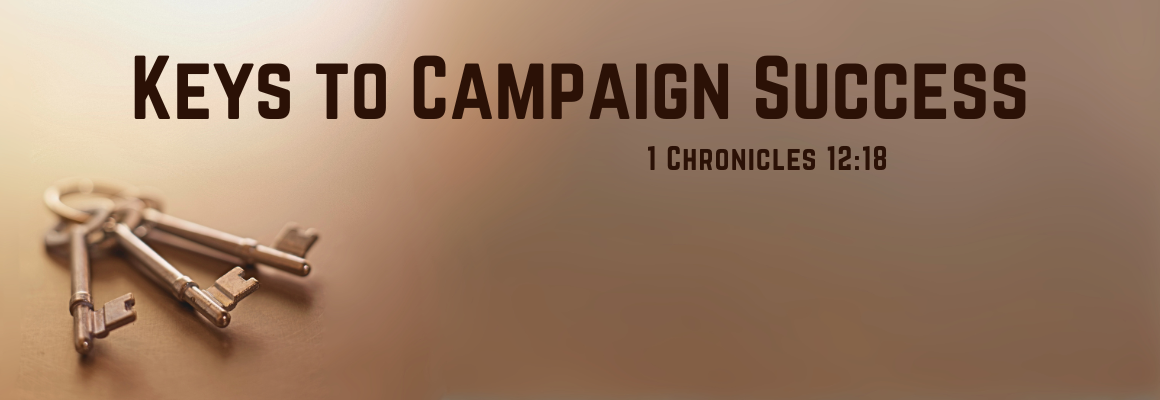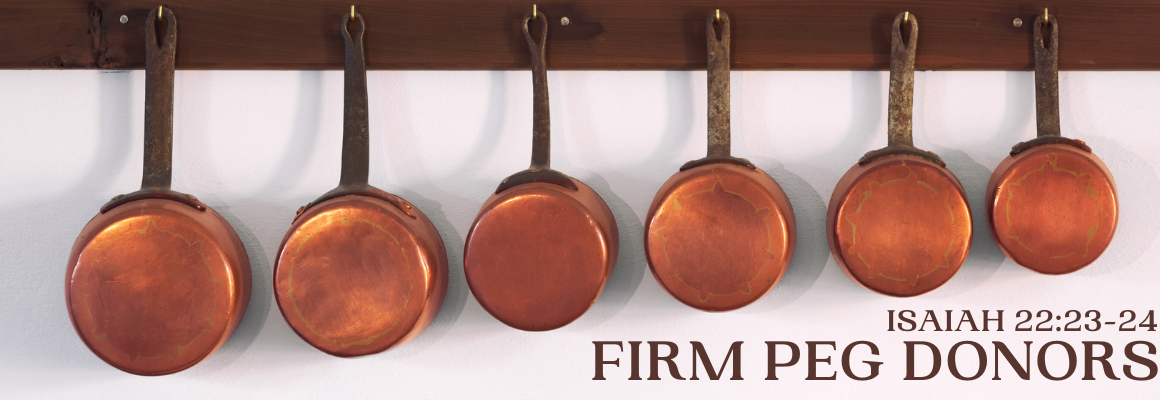The believers in Macedonia are a stunning example of generous giving. Paul was collecting funds to support the Jerusalem church, which was struggling with persecution and poverty. When the Macedonians learned about the situation, they begged Paul to let them give. Think about that. These people were broke and going through their own crisis, yet they pleaded for the chance to help someone else.
Paul was stunned by their response (see 2 Corinthians 8:5). What made them so eager? They saw a real need connected to real people at a specific moment. That combination creates urgent generosity. Here’s how to inspire the same response in your donors.
Shouting “Fire”
If you don’t have a fire, don’t yell fire. Artificial urgency trains donors to ignore you. “We need your gift right now” without context is just noise. And desperation messaging backfires. Donors who care will worry. Donors who don’t will leave. If you face a genuine crisis, say so. But choose carefully. You get one, maybe two, emergency appeals before people stop believing you.
Tell the Story Behind the Need
The Macedonians didn’t give to a budget line. They gave to people in Jerusalem who were hungry. Your donors need the same clarity. “Your gift this week means Maria gets her textbooks before midterms” creates urgency because donors see the consequence of delay. Generic deadlines don’t move people. Specific outcomes do. When you connect the timing to a person or result, urgency stops being about your cash flow and starts being about the people you serve.
Create Natural Milestones
Match your deadlines to events that already matter. “Give before summer camp starts so we can cover scholarships for kids already registered” makes sense because the date matters to the mission, not just your budget. The Macedonians understood why their timing mattered. Paul was leaving soon. The Jerusalem church needed help now. Your donors respond when they understand why the calendar matters to the people you serve.
Use Positive Language
Frame urgency as opportunity, not crisis. “Your gift this month doubles through our matching grant” or “Would you give a lead gift we can announce at the banquet to inspire others?” invites participation instead of demanding rescue. The Macedonians saw giving as a privilege. They wanted in on something significant. Give your donors that same sense of opportunity.
The Opposite of Urgency
The opposite of urgency isn’t calm. It’s complacency. If your team isn’t fired up about the work, your donors won’t be either. Sometimes the problem isn’t your messaging. It’s that you’ve lost touch with why this work matters right now. Get out of the office. Visit the people your ministry serves. Reconnect with the mission. When Paul shared what was happening in Jerusalem, the Macedonians caught his urgency because they saw his passion.
Think About This: Your passion for the mission sets the tone for donor response. If you’re going through the motions, they will too.
Response: Lord, forgive me when I forget why this work matters. Fill me with genuine passion for the people we serve, so my excitement becomes contagious to the donors you’ve entrusted to us.














